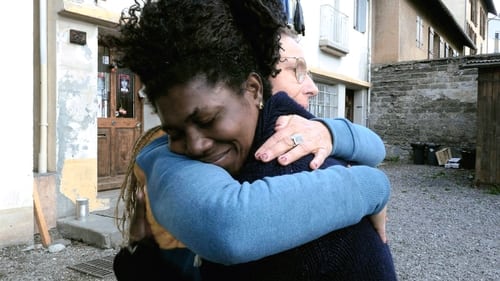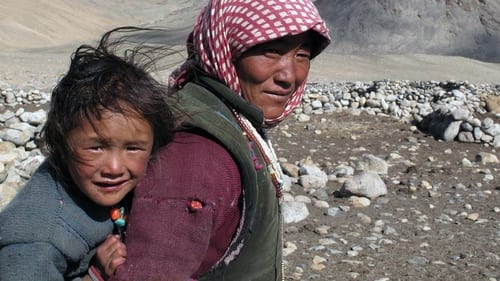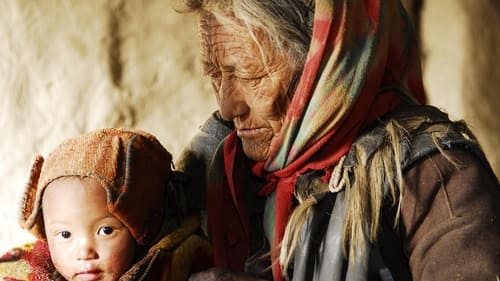Marianne Chaud
出生 : 1976-01-01, Briançon, France
略歴
Marianne Chaud, born in 1976 in Briançon (Hautes-Alpes), is a French ethnologist and documentary filmmaker, specializing in the Ladakh-Zanskar region of India.
Born Briançon, she grew up in Puy-Saint-Vincent, south of the Écrins massif, where she enjoyed mountaineering and rock climbing. At 14, she took part in a humanitarian mission in the High Atlas mountain range in Morocco. In 1996, aged only 20, she went on a trip to India.
In 1998, she went to live for a whole year in Bombay with an Indian family, in order to complete her master's thesis on Indian folk theatre. During this stay, she travels in the Himalayas and discovers the Buddhist culture. She refocused her studies at the Ecole des Hautes Etudes en Sciences Sociales (EHESS) on a region in northern India: Ladakh-Zanskar. In 1999, she criss-crossed the valleys of this region for six months and gathered information on popular Ladakhi theatre.
From 2000 to 20074, she prepared her thesis in ethnology on the relationship of men and women to their territory in the Himalayan region of Zanskar, under the supervision of anthropologist and ethnologist Jean-Claude Galey. For seven years, she stayed there at different times of the year. Living with the locals, she learns the local dialect, adopts indigenous rules and practices, participates in agricultural and domestic work, while continuing her observations. She will gradually create bonds of friendship with the inhabitants and the latter give her the Ladakhi name of Angmo, which means "She who is able to act".
In 2004, she intervened as a specialist in the program Ushuaïa Nature on Ladakh. She explains to Nicolas Hulot the foundations of Buddhism, the way of life of the villagers.
In 2005-2006, she participated in the production of a documentary on the life of women in Zanskar as co-author and assistant director: Devenir une Femme au Zanskar broadcast in May 2007 on France 5. Discovering the richness of the images to reflect the cultural complexities, she decided to make her own documentary. She goes there alone to be more faithful to her approach as an ethnologist.
From July to October 2006, she returns to Zanskar in the village of Sking, she films the unfolding of the harvests as well as the evolution of the relations which she establishes with the villagers and the villagers. Himalaya, La Terre des Femmes, was broadcast on Arte in July 2008, and won several prizes at festivals. The following year, she directed her second documentary, Himalaya, Le Chemin du Ciel, which won more prizes at festivals and was nominated for the 2010 César for best documentary film. In 2010, she spent six months on the plateaus of Karnak, in the south-east of Ladakh, to shoot her new film La Nuit Nomade released in theaters on April 4, 2012. Living again in her native French Alps, she sees from 2016 the arrival in the Briançonnais of exiles arriving in France: involved in their reception, she then decided to shoot a new film in tribute to their courage: L'Aventure, released in 2020 and shot over three years. It follows in particular Mamadou, whose journey in the snow had both feet amputated, frozen, and who had to gradually rebuild, but also the young poet Ossoul, Charlotte and others...





